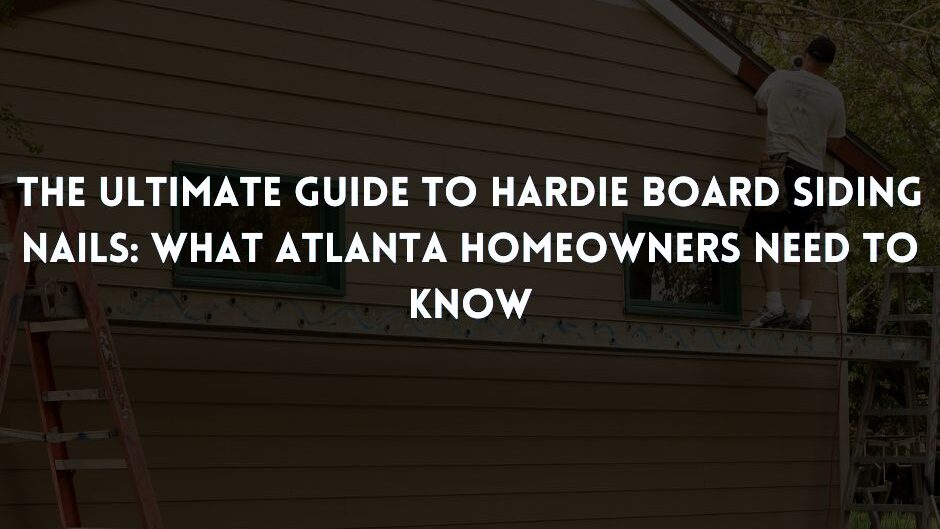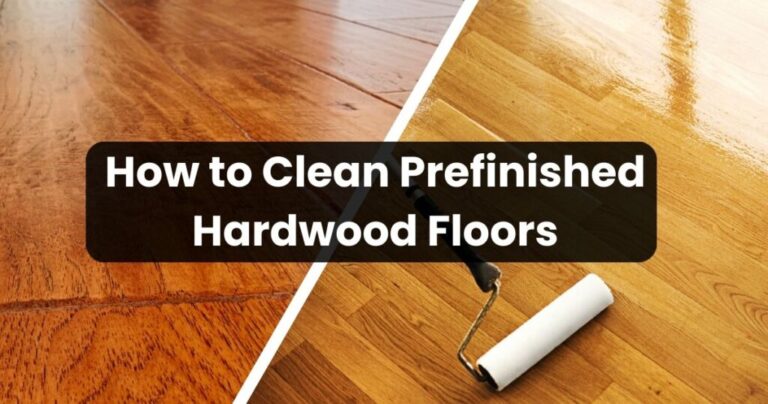
Installing Hardie Board siding is an excellent way to protect and beautify your Atlanta home, but the choice of nails plays a vital role in ensuring a secure and lasting installation. From the humid summers to occasional storms, Atlanta’s climate demands the right materials to keep your siding in top condition. Here’s a guide to choosing the best siding nails for your Hardie Board project.
Why the Right Nails Are Essential
Choosing the correct nails for Hardie Board siding isn’t just a technicality—it directly impacts your home’s exterior. The right nails ensure:
- Proper Fastening: Preventing loose or misaligned siding panels.
- Rust Resistance: Protecting against corrosion and unsightly rust stains in Atlanta’s humid climate.
- Weather Durability: Withstanding strong winds, rain, and fluctuating temperatures.
- Long-Lasting Performance: Helping maintain the structural integrity of your siding for decades.
Types of Nails Suitable for Hardie Board Siding
- Galvanized Steel Nails
These nails are coated with zinc to resist rust and are an economical option for most installations. They are particularly effective in combating Atlanta’s humidity. - Hot-Dipped Galvanized Nails
Offering a thicker zinc coating than standard galvanized nails, hot-dipped nails are more durable and resistant to corrosion, making them ideal for areas with heavy rainfall or frequent weather changes. - Stainless Steel Nails
If you’re looking for the best long-term solution, stainless steel nails are the gold standard. While pricier, they are entirely rust-proof and perfect for maintaining a clean, polished look in humid conditions.
Nail Specifications to Consider
When purchasing nails for Hardie Board siding, keep the following factors in mind:
- Length: Typically, nails should be 2-1/2 to 3 inches long to penetrate both the siding and underlying studs securely.
- Shank Type: Smooth or ring-shank nails are commonly used, with ring-shank providing better grip for windy areas.
- Head Style: A flat head helps ensure the siding is fastened evenly and securely.
Installation Tips for Atlanta Homeowners
- Follow Manufacturer Guidelines: Always refer to James Hardie’s installation instructions for specific nail requirements.
- Avoid Overdriving Nails: Overdriving can damage the siding or reduce its holding strength. Use a nail gun with depth adjustment for precision.
- Inspect for Rust: Even corrosion-resistant nails can rust over time if exposed. Regular inspections can help you address any issues early.
- Hire a Professional: Proper installation is key to maximizing the lifespan of your siding. Professional contractors in Atlanta are familiar with local conditions and best practices.
Common Mistakes to Avoid
- Using the Wrong Nail Type: Non-galvanized nails will rust quickly in humid environments like Atlanta.
- Inconsistent Nail Placement: Misaligned or unevenly spaced nails can lead to poor siding performance and aesthetic issues.
- Skipping Protective Coatings: Always choose nails with corrosion-resistant coatings for maximum durability.
Conclusion
Choosing the right nails for your Hardie Board siding is a small but significant step in ensuring your Atlanta home remains protected and visually appealing for years to come. Whether you opt for galvanized steel, hot-dipped galvanized, or stainless steel nails, prioritizing durability and rust resistance is key. For the best results, consult with a local contractor experienced in Hardie Board installations. With the right materials and professional expertise, your home’s exterior will withstand the test of time and the Atlanta climate.


